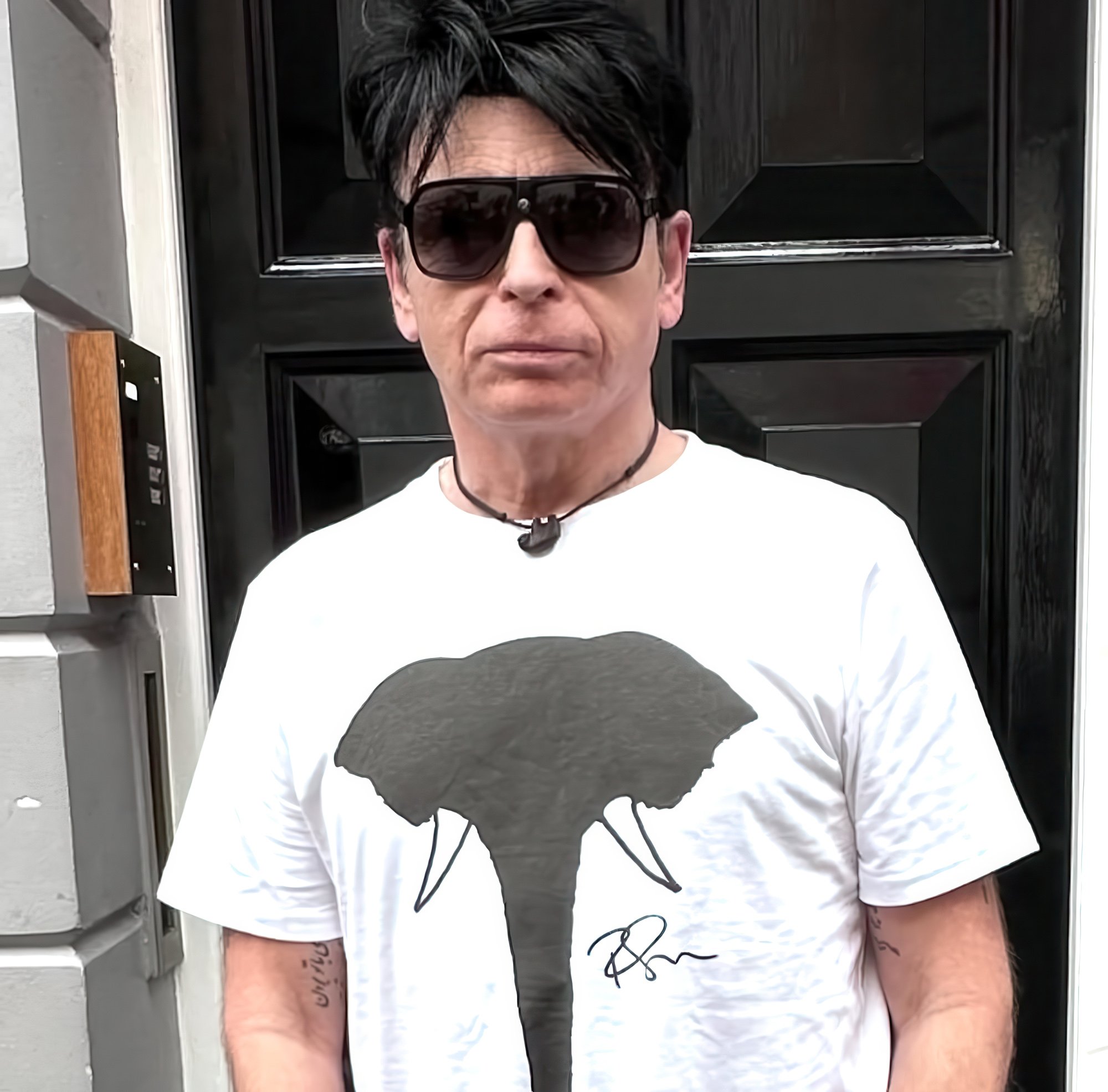Suno’s V4 AI Music Model Sets New Standards Amid Copyright Lawsuit and Industry Debate
Image Credit: Josh Sorenson | Splash
Despite facing a significant lawsuit from the recording industry over the use of copyrighted songs to train its music-generating AI, Suno has rapidly ascended to become the fifth most-utilized generative AI service globally. The company's relentless advancement in AI technology underscores its commitment to transforming the music creation landscape.
[Read More: Suno’s AI Symphony: Revolutionizing Music Creation or Raising Copyright Concerns?]
Launch of V4: Enhanced Realism and User Experience
Last week marks the release of Suno’s latest AI model, V4, which promises a markedly more realistic music generation experience. Available to paid subscribers, V4 boasts improved vocal quality, more authentic instrumentation, and an expanded stereo field. Co-founder Mikey Shulman expressed enthusiasm about the model's capabilities, stating, “I think it crosses into something I actively want to listen to ... something that I want to keep making it better”.
Shulman’s optimism reflects the company's dedication to refining their technology, making AI-generated music more appealing and lifelike for users.
[Read More: Harmonizing Technology: Suno's Latest Update Enhances Music Video Customization]
Expansion and Competitive Edge in AI Research
Suno has experienced significant growth, expanding from a team of 12 employees in February to over 50, with plans for further increases. The company has moved into a state-of-the-art studio space near Harvard University in Cambridge, Massachusetts, featuring high-end musical instruments and sound systems.
Competing with industry giants like OpenAI, Shulman acknowledges the challenge of attracting top-tier researchers. However, he believes Suno’s unique focus on aligning AI models with human musical preferences provides a competitive advantage. “There’s no better place to do it”, Shulman asserts, highlighting the company's strategic positioning in the AI music domain.
[Read More: Exciting Update from Suno: Unleash Your Musical Creativity with v3.5!]
Human-Centric Model Training and Quality Improvements
Unlike large language models that rely on objective benchmarks, Suno’s AI development hinges on human preferences. By analyzing user feedback on different outputs from identical prompts, Suno's engineers have significantly enhanced the V4 model’s ability to cater to human tastes. Shulman notes, “Just after a few more months of being able to do that, we have better ideas of what human preferences are”.
The V4 model addresses common issues in AI-generated music, such as the tinniness reminiscent of low-bitrate MP3s, especially in vocals. With V4, Suno achieves crisper productions, more realistic vocals, and sophisticated composition skills, resulting in more engaging and dynamic music creations.
[Read More: AI Composes the Soundtrack of Victory: Suno's New Olympic-Inspired Update]
Creative Collaboration and Advanced Features
Suno’s V4 model offers advanced collaboration tools, allowing users to upload partial compositions, a cappella vocals, loops, and other audio elements to generate complete songs. Additionally, a beta feature enables users to upload videos or photos to inspire their musical creations.
Rebecca Hu, a project manager at Suno, highlights the platform’s appeal to young beatmakers and producers who view AI-assisted music creation as the future. “A lot of our power users are young producers”, Hu explains. “They think this is the future … We’re trying to move to a music-based UI (user interface). Text is hard to understand when it comes to music”.
[Read More: Boosting Creativity: Daily Free Credits for Pro/Premier Creators on Suno]
Industry Opposition and Strategic Partnerships
The rise of AI-generated music has sparked significant opposition from the recording industry and many artists, who argue that AI models infringe on copyright and artistic integrity. Despite the lawsuit, some industry figures, like producer Timbaland, have embraced Suno’s technology. Timbaland recently shared with Rolling Stone that he uses Suno “10 hours a day” to complete unfinished songs and has partnered with the company as a creative consultant.
Shulman acknowledges the tension, expressing hope for a resolution regarding training data usage. He also points out that some artists and producers, including high-profile names, are quietly utilizing Suno’s services despite public anti-AI sentiments.
[Read More: Are You Ready to Generate Your Own Music?]
Future Prospects and Ethical Considerations
Looking ahead, Suno aims to involve record labels and artists as partners in shaping the future of music creation. Shulman envisions a collaborative ecosystem where AI and human creativity coexist harmoniously. “That future of music, we actually can’t and don’t want to do by ourselves”, he states.
Moreover, Suno is developing a lyric-generating model that produces more nuanced and human-like lyrics, particularly excelling in genres like rap. This model demonstrates the company's ongoing innovation and commitment to enhancing AI-driven music production.
However, ethical concerns persist, particularly regarding the potential for AI to replicate artists' voices without consent. Suno currently prohibits the use of artists' names in prompts to mitigate this risk, but Shulman warns that unscrupulous entities might still find ways to create unauthorized reproductions.
[Read More: UMG & KLAY Vision: Transforming AI Music with an Ethical, Artist-Friendly Model]
About Suno
Suno AI, commonly known as Suno, is a cutting-edge generative artificial intelligence program designed to create realistic music. The platform can generate full songs with both vocals and instrumentation or produce purely instrumental tracks. Suno operates by responding to user-provided text prompts, enabling intuitive and creative music generation for musicians and non-musicians alike. Since its official launch on December 20, 2023, Suno has gained widespread popularity, further boosted by its integration as a plugin in Microsoft Copilot through a strategic partnership with Microsoft.
Founded by Michael Shulman, Georg Kucsko, Martin Camacho, and Keenan Freyberg in Cambridge, Massachusetts, Suno emerged as a promising venture after the team’s experience at Kensho, an AI startup. The company initially made waves in April 2023 by releasing an open-source text-to-speech and audio model named "Bark", which was shared on platforms like GitHub and Hugging Face under the MIT License.
Suno’s innovative approach has continued to evolve. In March 2024, the release of version 3 introduced the capability to create up to four-minute songs, with free users accessing limited features and paid subscriptions unlocking the full potential of the platform. In July 2024, Suno expanded accessibility further by launching a mobile app, solidifying its position as a leading AI-powered tool in music creation.
[Read More: Tad AI: Create Royalty-Free Music in Seconds with New Intuitive AI Music Generator]
Source: Rolling Stone













